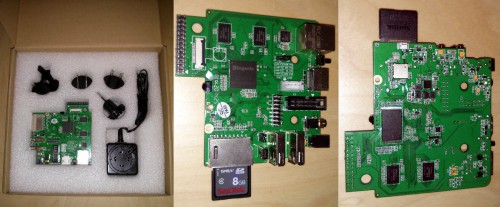Welcome Debian riscv64
After many years of effort, I am happy to announce that Debian riscv64 is now an official architecture!
This milestone is not the end of the journey but rather the beginning of a new one: the port will need to be rebootstrapped in the official archive, build daemons will have to be reinstalled and handed over to DSA, many bugs will need to be fixed. If everything goes well, the architecture will eventually be released with Trixie. Please note that this process will be long and will span several months.
I would like to take this opportunity to thanks everyone who contributed to this significant milestone, including individuals and Debian teams, as well as the organizations and companies that provided us with resources (by rough chronological order): MIT CSAIL, Sifive, Mullvad, tetaneutral.net, OSU Open Source Lab, Microchip, BeagleBoard.org Foundation, RISC-V international, PLCT Lab (ISCAS), StarFive, and Metropolitan Area Network Darmstadt.
